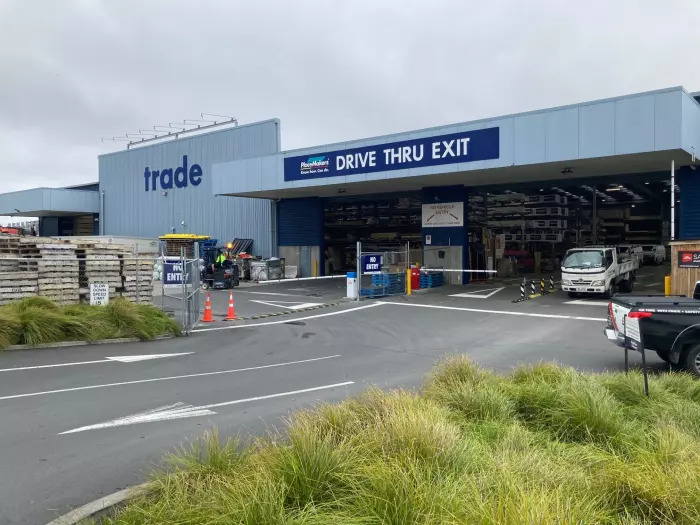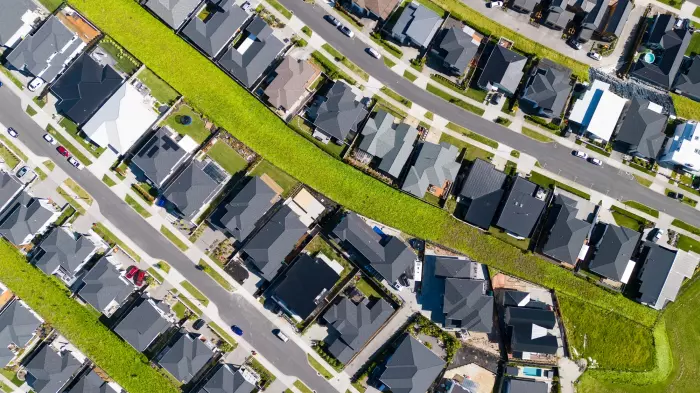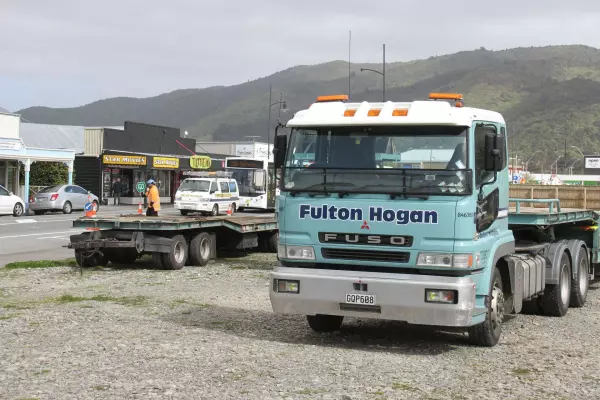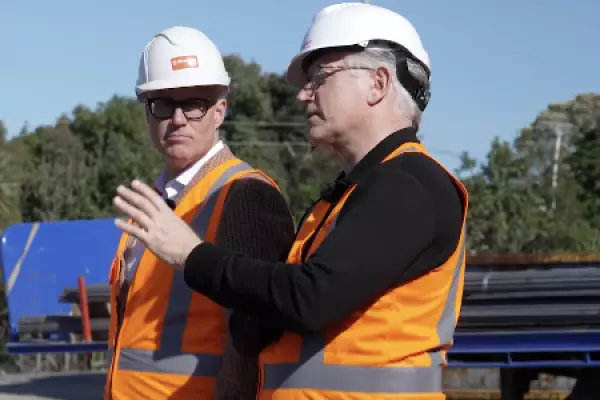Today marks another round of price increases across a slew of building materials, with increases of between 5% and 20% across everything from glues and plywood to steel and concrete.
Timber prices will increase by about 8% and bathroom items will go up by about 6% from today.
In a note to its trade clients, Placemakers said it will lift its masonry pricing by up to 14%, with bagged concrete up by as much as 10%.
Cost increases have become a regular fixture for building and construction firms.
This reflects the supply and demand dynamic of booming house building and supply roadblocks created by covid induced global logistics issues.
The latest Stats NZ numbers show building activity increased a seasonally adjusted 3.7% for the three months to March, quarter-on-quarter, with residential activity up by 4.3% and non-residential up 2.6%.
Total building value was up 13% year-on-year to $6.7 billion for the quarter.
Building Industries Federation chief executive Julien Leys said the pipeline was looking full, with housing consents expected to be about 35,000 a year until 2023.
This is being largely driven by consents for terraced homes in Auckland, he said.
“In itself that is a huge beast which needs raw materials for building, so that takes away structural timber, concrete and steel from both the commercial sector but also other parts of the country.”
Leys, who yesterday presented on the impact of supply disruptions to an industry group in Queenstown, said industry players continue to cite high costs and labour issues as their top two concerns.
Cost tensions rise
The Corelogic Cordell Housing Index Price for the first quarter of the year showed annual residential construction cost inflation was 3.3% at the first quarter mark of the year, more than double the comparable CPI figure.
The Cordell index showed the biggest part of that, more than a fifth, was related to carpentry and joinery work, with concrete pricing at about 12%.
Corelogic chief property economist Kelvin Davidson said the inflationary pressure was due in part to timber shortages but also the impact of shipping problems and escalated pricing related to covid impacts.
Davidson expected an acceleration of construction cost growth in the second half of the year, given continued high levels of dwelling consents, material shortages and labour constraints.
Leys said those constraints were also likely to become more acute in the wake of Westport floods and the rebuild requirements there, with feedback already that builders were opting to "poach" workers from competing firms by offering 40% wage increases or more.
Congestion levies
Industry suppliers are also being impacted by shipping issues, with shipping companies known to be cancelling pre-booked orders and asking to be paid US$4,350 more with a “take it or leave it approach”.
Imports from Australia were also being impacted both by congestion levies of up to US$300 per twenty-foot-equivalent (TEU) container and by resistance from shipping companies to service the trans-Tasman route, with MSC having just levied a unilateral US$1,000 levy on containers destined for Auckland.
Ley said another federation member had been asked to pay an additional $100,000 to get their containers back from Europe. “Those are very hard costs to pass onto customers.”
Against those costs, he said, it was disappointing to see record profits accrue to shipping lines.
Giant shipping multinational AP Moller-Maersk, for example, reported a 167% increase in earnings before interest, tax, depreciation and amortisation to US3.1 billion for the first quarter of 2021, off a 30% increase in revenue, up US$2.3b at US$12.4b.















